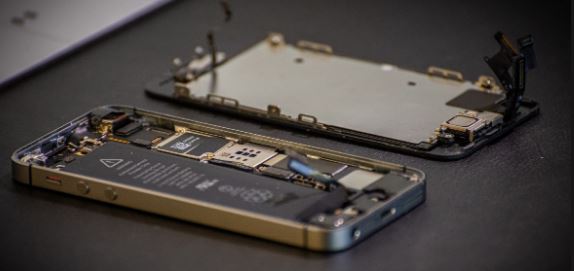New Delhi: Concerned over makers of cars, mobiles and other consumer goods monopolising the repair and spare parts market, the government plans to make it mandatory for them to share with customers product details necessary for repair by self or third parties.
The Department of Consumer Affairs said in a statement Thursday that it has set up a committee chaired by Nidhi Khare, Additional Secretary to develop a comprehensive framework for ‘Right to Repair’.
Generally, manufacturers retain proprietary control over spare parts, including their design, and the government feels that this kind of monopoly on repair processes infringes the customer’s “right to choose”.
Besides, warranty cards of several products mention that getting them repaired from an outfit not recognised by the makers would lead to customers losing their warranty benefit.
The rationale behind the ‘Right to Repair’ is that when customers buy a product, it is inherent that they must own it completely “for which the consumers should be able to repair and modify the product with ease and at a reasonable cost, without being captive to the whims of manufacturers for repairs”, according to the statement.
The objective of the proposed framework will be to empower consumers, harmonise trade between the original equipment manufacturers and the third-party buyers and sellers, and reduction in e-waste.
July 13, the committee held its first meeting where key sectors for ‘Right to Repair’ were identified. Sectors, including farming equipment, mobile phones/ tablets, consumer durables and automobiles/automobile equipment were listed.
“The pertinent issues highlighted during the meeting include companies avoiding the publication of manuals that can help users make repairs easily,” the statement said.
Manufacturers have proprietary control over spare parts, regarding the kind of design they use for screws and other items. Monopoly on repair processes infringes the customer’s “right to choose”, it said.
Further, the department noted that digital warranty cards, ensure that by getting a product from a ‘non-recognised’ outfit, the customer loses the right to claim a warranty.
“During the deliberations, it was felt that the tech companies should provide complete knowledge and access to manuals, schematics, and software updates and to which the software license shouldn’t limit the transparency of the product in the sale,” it said.
Further, the parts and tools to service devices, including diagnostic tools should be made available to third parties, including individuals so that the product can be repaired in case of minor glitches.
“Fortunately, in our country, there exists a vibrant repair service sector and third party repairs, including those who cannibalise the products for providing spare parts for the circular economy,” the statement said.
According to the statement, once rolled out in India, the framework will become a “game-changer” for the sustainability of the products and serve as a catalyst for employment generation through Aatmanirbhar Bharat by allowing third-party repairs.
PTI

